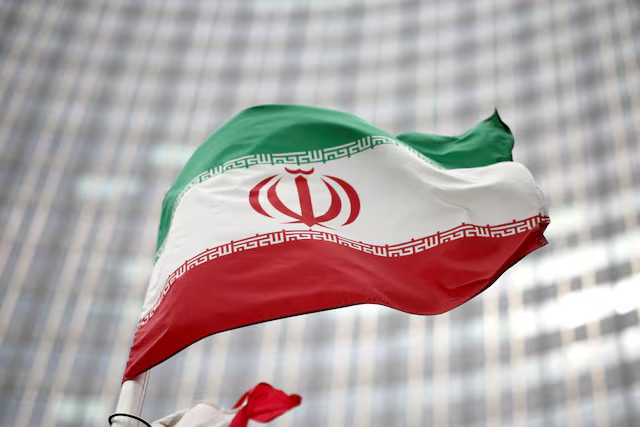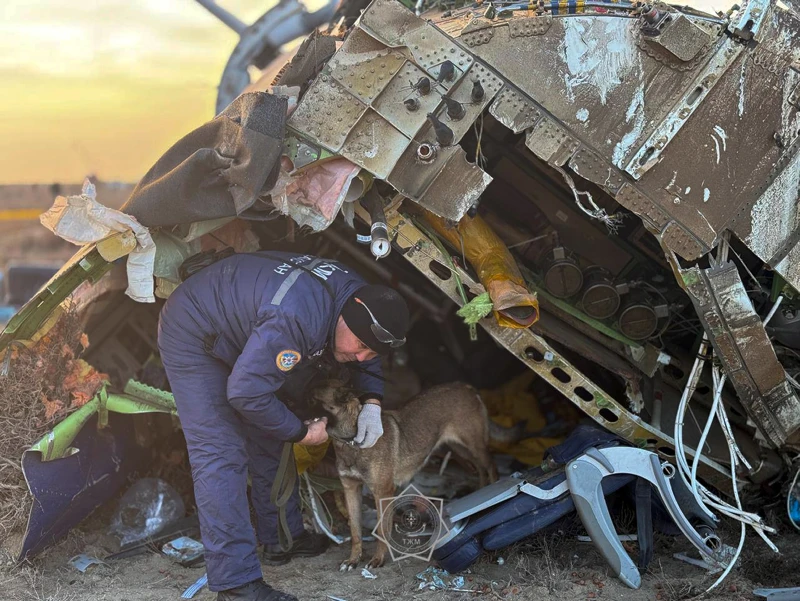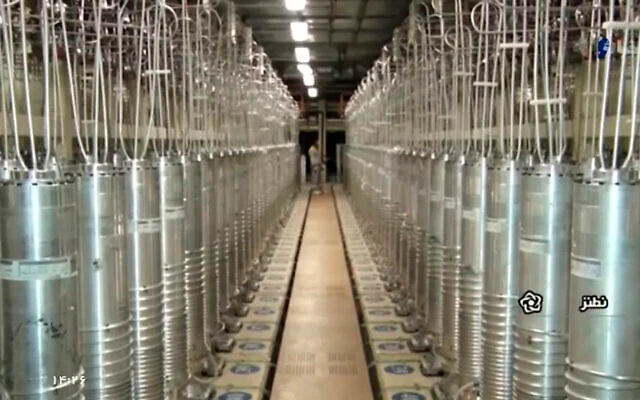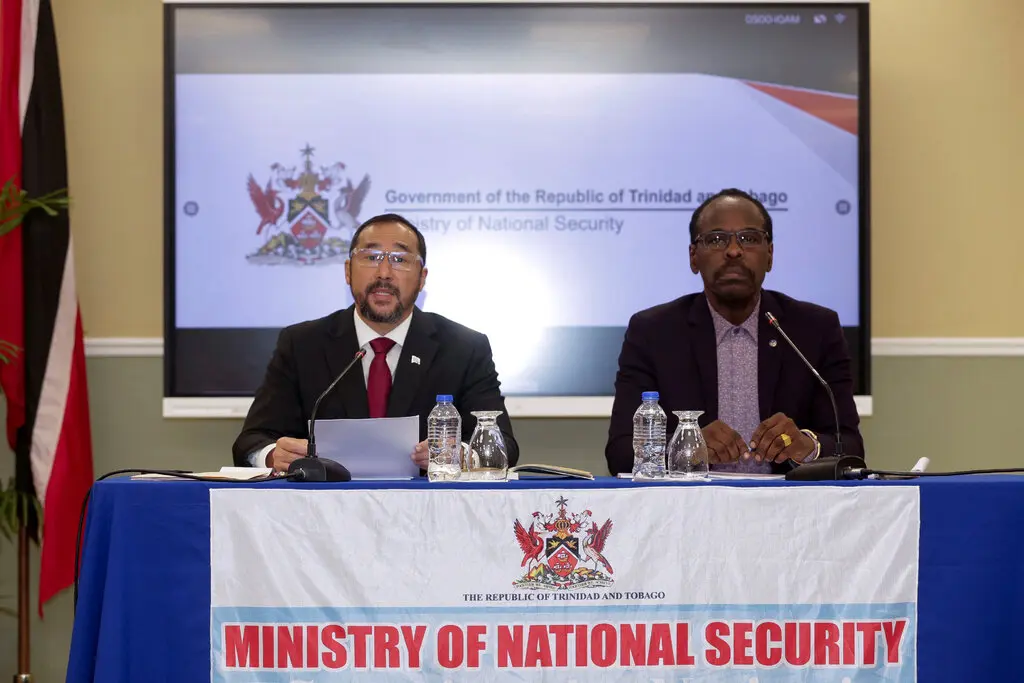Japanese yakuza leader pleads guilty to trafficking nuclear materials from Myanmar
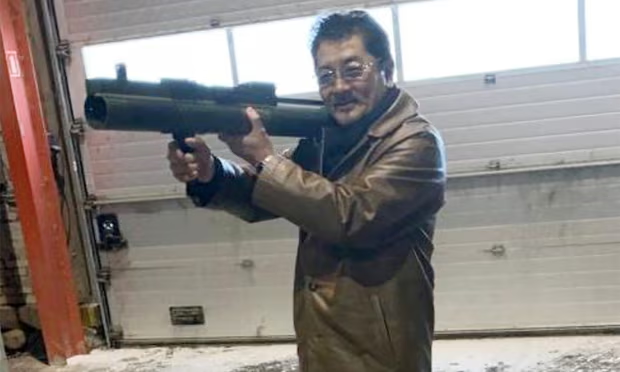
A high-ranking leader of Japan’s notorious Yakuza crime syndicate has pleaded guilty to trafficking nuclear materials from Myanmar, sending shockwaves through the international community. This unprecedented case involves the illicit movement of sensitive materials that could potentially have far-reaching security implications, particularly given the potential for such materials to fall into the wrong hands and fuel weapons proliferation. The guilty plea marks a significant development in an ongoing investigation into the trafficking of nuclear substances and highlights the growing concern over the criminal use of such materials.
The defendant, identified as a prominent Yakuza boss, was arrested in Japan after a lengthy investigation that spanned multiple countries, including Myanmar, where the trafficking operation was believed to have originated. According to authorities, the Yakuza group had been involved in facilitating the smuggling of materials, including uranium, from Myanmar to Japan, with plans to further distribute these materials to international buyers with nefarious purposes.
Myanmar, which has faced significant political instability in recent years, has increasingly been linked to the black market trade of illegal weapons and materials, including nuclear components. The Yakuza’s involvement in this illicit trade underscores the high level of organization and sophistication involved in transnational criminal networks. The fact that a criminal syndicate such as the Yakuza was involved in such an operation is alarming, as it reveals the global reach and influence of such organizations.
The guilty plea from the Yakuza leader brings some degree of closure to the investigation, but it raises several questions about the extent of the trafficking network and the potential for further criminal activity. Authorities have warned that this case may be just the tip of the iceberg, with the Yakuza and other criminal organizations possibly still involved in similar activities. The international community, including law enforcement agencies and nuclear regulatory bodies, will now need to intensify efforts to prevent further proliferation and trafficking of dangerous materials.
The trafficking of nuclear materials is a serious offense under international law, and the consequences for those involved are severe. The defendant’s guilty plea carries significant legal ramifications, not only for the individual but also for the Yakuza syndicate as a whole. Japanese authorities, in collaboration with international law enforcement agencies such as Interpol, are now focused on dismantling the trafficking network and bringing to justice those who were involved in the broader operation.
The case has also prompted discussions about the growing risks posed by criminal groups who engage in trafficking not just illegal drugs or weapons, but also materials that have the potential to cause widespread harm. The involvement of such groups in nuclear trafficking underscores the growing challenges faced by governments in preventing the proliferation of weapons of mass destruction (WMD) and other hazardous materials.
In addition to the legal consequences for the Yakuza leader, the case has prompted calls for greater international cooperation in combating the illegal trafficking of nuclear materials. Experts have long warned about the dangers of the black market in nuclear materials, with the potential for rogue states or terrorist groups to gain access to materials that could be used for nuclear weapons production. While global security measures have been put in place to curb such risks, the involvement of powerful criminal organizations adds a new layer of complexity to the problem.
This case also highlights the important role of intelligence agencies in monitoring and intercepting illegal activities related to nuclear materials. The Japanese authorities, working in partnership with other countries, have been able to track and apprehend individuals involved in this illegal trade, thanks to enhanced cooperation between national and international security forces. The swift action taken in this case may serve as a model for future efforts to combat nuclear trafficking, but it also serves as a stark reminder of the continuing vulnerabilities that exist in the global security landscape.
The Yakuza’s involvement in trafficking nuclear materials has far-reaching implications beyond the realm of organized crime. It serves as a wake-up call for governments worldwide to step up their efforts to monitor and prevent the illegal trade of materials that could contribute to the development of nuclear weapons. As the investigation into the case continues, authorities are likely to uncover more details about the network of individuals involved and the methods they used to facilitate the trafficking.
In conclusion, the guilty plea of a high-ranking Yakuza leader for trafficking nuclear materials from Myanmar underscores the dangerous intersection of organized crime and the global threat of nuclear proliferation. The case highlights the vulnerabilities in global security systems and the need for increased international cooperation to combat the illegal trade in hazardous materials. As the investigation continues, the case serves as a powerful reminder of the risks posed by criminal organizations and the importance of robust security measures to prevent the spread of dangerous nuclear substances.


